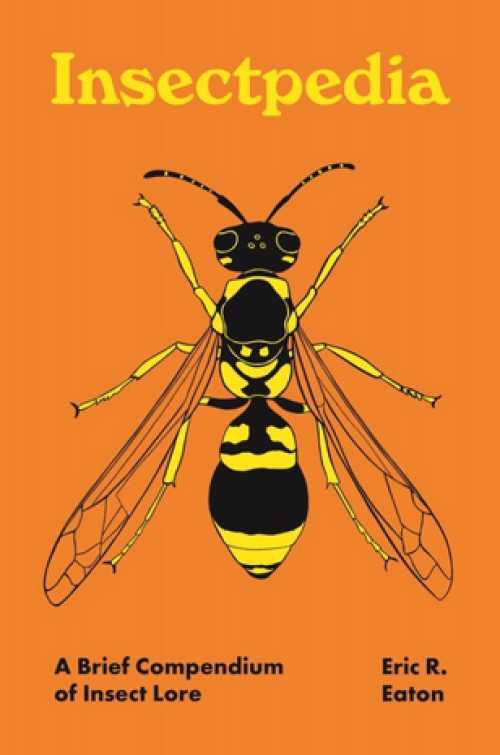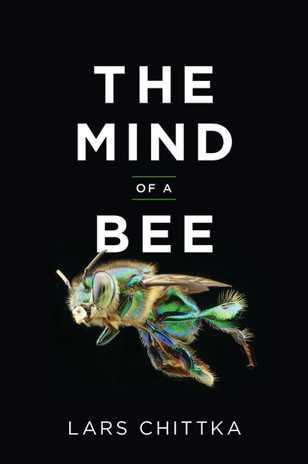Bees Of The World By Laurence Packer - A Book Review
If you are familiar with Michener’s 'Bees Of The World', the title of this book by world leading wild bee expert, melittologist, Laurence Packer, may intrigue you.
However, Packer (who acknowledges Michener’s amazing contribution to the world’s knowledge of bees) has produced something quite different from Michener’s.
Bees Of The World
A Guide To Every Family by Laurence Packer
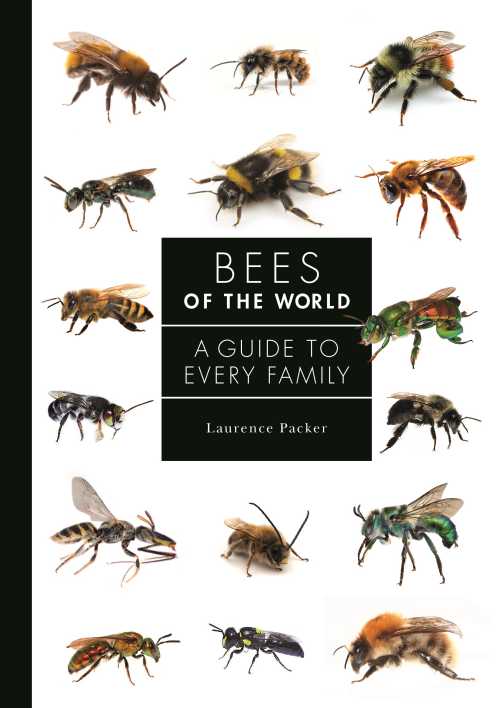
Whereas Michener’s largely black and white printed hefty tome, with its smallish font, assumption of expert technical competence and knowledge, is no doubt the professional entomologist’s reference book where bees are concerned, Packer’s work is definitely a book for a much wider, but certainly appreciative audience.
A general interest is all you will need to pick up and enjoy this gorgeous hardback.
'Bees Of The World - A Guide To Every Family' is a beautifully presented book, with stunning photographs on almost every page.
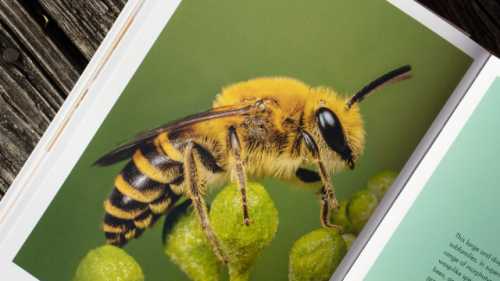
Some of the photographs are of rare species, and because of this, a few laboratory-type images are used but most of the pictures show the bees in their natural environments, foraging on flowers or in their nests.
The book is packed full of colour, that, accompanied by Packer’s warm and engaging writing style, is a pleasure to read.
The introduction provides useful information for the would-be enthusiast, followed by a description of the 7 bee families and an account of over 100 bee genera.
But why do we bee-enthusiasts need this book?
Quite simply because Packer provides not only stunning photographs, but also an easy-to-read account of what is different about the various groups of bees and what is similar.
By knowing this information, it not only helps us identify a species (or the group to which it belongs) it also automatically tells us a great deal more about its likely nesting habits, unique characteristics and perhaps about its foraging preferences and habitat.
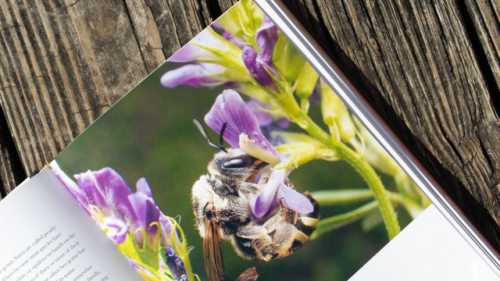
Where an entire genus is geographically restricted, of course you are unlikely to see a species belonging to it with your own eyes.
Yet, the information provided by Packer is at times both new and surprising, and will challenge many people’s perceptions of bees, especially if their experience is restricted to a few widely known genera, such as the honey bees, bumble bees and mason bee groups.
For example:
- the genus Megandrena has species that are fussy about rainfall. The bees will remain inactive underground for a year if weather conditions are not to its liking;
- the Oxaea is a genus of very fast flying bees with large compound eyes that provides liquid food for its larvae in vertical nest cells;
- the Macrotera genus has one species which is known to have males in two sizes: smaller males that fly around looking for mates on flowers, and large-headed males ‘built like tanks’ as Packer puts it, that stay in the nest fighting with other big-headed males.
Which brings me to my next point: apart from the lovely images, I think that what really keeps the reader glued to the pages are Packer’s use of quirky descriptions here and there, as well as surprising facts that enrich the information conveyed to readers.
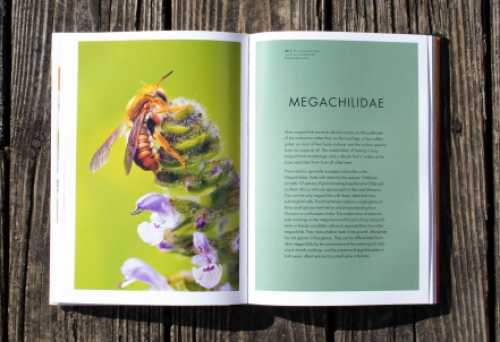
They tell you about Packer’s love for his subject, such that you could imagine him chattering enthusiastically over a beer (or a coffee) entertaining listeners with his ‘bee anecdotes’!
For example:
- bee larvae, which are provisioned with food in the nest cell are in the words of Packer, ‘couch potatoes’ in comparison with say, caterpillars that have to fend for themselves outdoors.
- the females of the genus, Dasypoda have long hairs on the hind legs that look like they’re wearing baggy pants.
- the Alkali Bee makes its nest in alkaline salt flats, and is of such economic importance in areas of the USA that road signs impose a speed limit to protect them from being killed on windscreens!
There is a very useful glossary at the back of the book.
All in all, this is a delightful, handsome book to keep or give to another. It has already been tremendously useful to me (I’ll be citing it on many of my pages!), and I am sure it will be of great value and interest to many more bee enthusiasts all over the world.
Further information:
Bees of The World: – A Guide To Every Family is available from Amazon and other stores.
Author: Laurence Packer
Published 2023 by Princeton University Press, Princeton & Oxford
ISBN: 798-0-691-22662-0
Hardback/cloth cover
BuzzAboutBees.net is a member of the Amazon Associates Program.
As an Amazon Associate I earn from qualifying purchases if you click on a link from my website to an Amazon website page. I only recommend books and goods I myself like. Further information, see: Advertising And Affiliates Disclosure.
If you found this page helpful or interesting, I'd really be grateful if you would share it with others - if not this page, perhaps another, such as Gardening For Bees.
Thank you so much :) .
